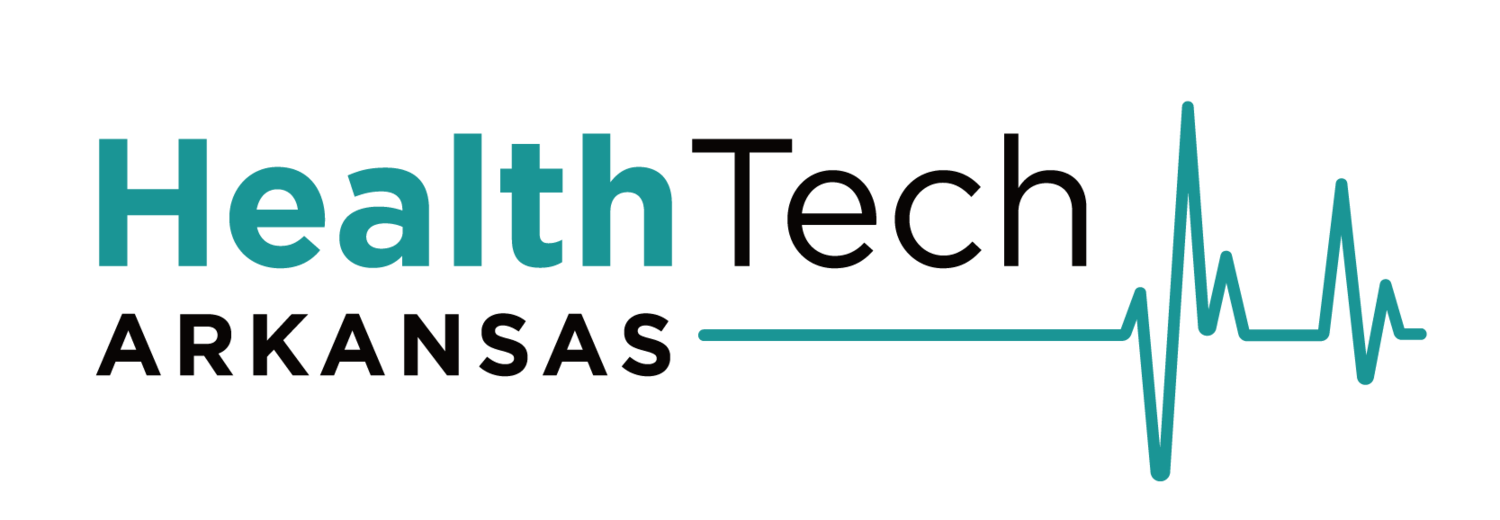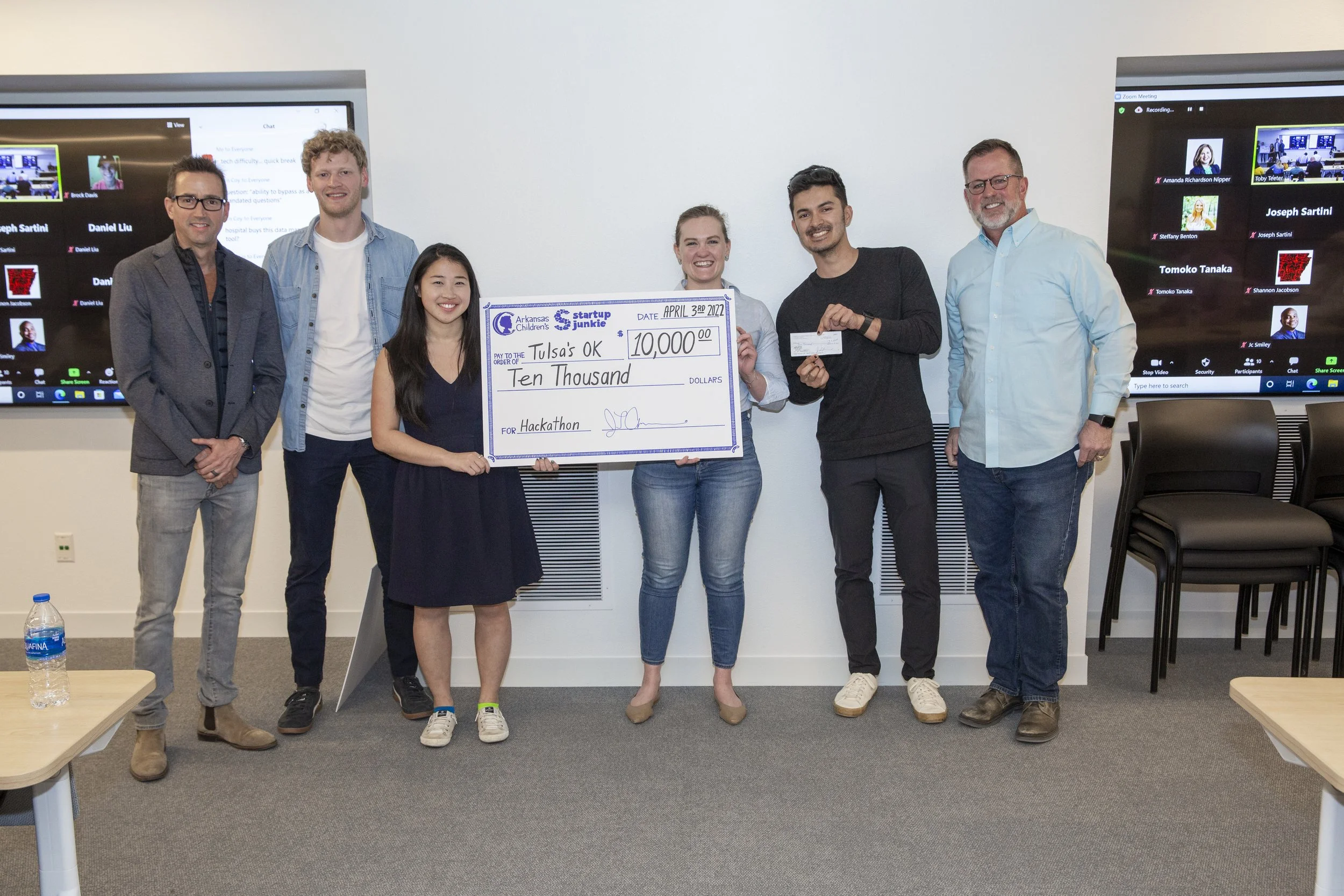HealthTech Arkansas and MedAxiom have come together to create HeartX, a cardiovascular-focused healthcare accelerator, to facilitate guaranteed hospital pilot projects and clinical trials for accomplished, early-stage companies bringing new cardiovascular innovations to market.
Applications for the 2022 HeartX cohort are now open, and companies will be selected by September 30, 2022. The program is seeking companies in three categories: digital health and software, medical devices and diagnostic platforms. Each company will receive $150,000 of investment capital and is guaranteed at least two pilot projects with Arkansas healthcare providers.
HealthTech Arkansas is in its fifth year of administering accelerator programs focused exclusively on provider engagement with early-stage companies. It works with both Arkansas-based and out-of-state companies.
MedAxiom, the cardiovascular community’s premier source for organizational performance solutions, is transforming cardiovascular care by bridging technology, innovation and care delivery. MedAxiom unites cardiovascular organizations, leaders and industry partners to achieve the Quadruple Aim of better outcomes, lower costs, improved patient experience, and improved clinician experience.
“The wonderful part of this collaboration is that it leverages the strengths of each of our organizations,” said Jeff Stinson, director of HealthTech Arkansas. “We have proven competencies in delivering guaranteed hospital pilot projects and clinical trials, and MedAxiom brings a national network and an impressive array of services for early-stage cardiovascular companies. We’re excited about our ability to deliver tremendous value for healthcare startups and for our health system partners.”
“MedAxiom has a strong focus on both innovation and supporting the healthcare start-up community,” said Joseph Sasson, PhD, MedAxiom’s executive vice president of Ventures. “MedAxiom has found a strong partner in HealthTech Arkansas and together we will be able to provide the guidance, investment, exposure and industry reach that can accelerate start-ups from pilots to full commercial scale. We look forward to working together to foster innovation and promote the widespread adoption of valuable technologies and services in the cardiovascular domain.”
The Arkansas Economic Development Commission awarded a grant to HealthTech Arkansas through a program designed to increase acceleration activities in targeted industries in the state. The program is conducted in partnership with 12 healthcare providers — Arkansas Heart Hospital, Arkansas Children’s Hospital, Arkansas Urology, Baptist Health, CHI St. Vincent, Conway Regional, Mercy, Northwest Health, OrthoArkansas, St. Bernards Healthcare, University of Arkansas for Medical Sciences (UAMS), and Washington Regional Medical Center. HeartX will replace the current cardiovascular-focused accelerator led by HealthTech Arkansas.
More information can be found at HeartXaccelerator.com.
ABOUT HEALTHTECH ARKANSAS
HealthTech Arkansas is an accelerator and early-stage investment fund that recruits worldwide for the most accomplished startups in the areas of digital health, medical devices, and diagnostic platforms. Those companies accepted into the program are guaranteed at least two pilot projects or clinical trials from among eleven leading hospitals, health systems, and physician practices in Arkansas. HealthTech Arkansas is the only program in the U.S. to guarantee pilot projects and clinical trials with healthcare providers. More information can be found at HealthTechArkansas.com.
ABOUT MEDAXIOM
MedAxiom, an ACC Company, is the cardiovascular community’s premier source for organizational performance solutions. MedAxiom is transforming cardiovascular care by combining the knowledge and power of 450+ cardiovascular organization members, thousands of administrators, clinicians and coders and 40+ industry partners. Through the delivery of proprietary tools, smart data and proven strategies, MedAxiom helps cardiovascular organizations achieve the Quadruple Aim of better outcomes, lower costs, improved patient experience and improved clinician experience. Learn more at medaxiom.com.



